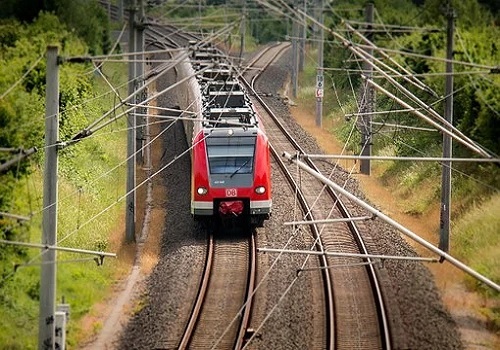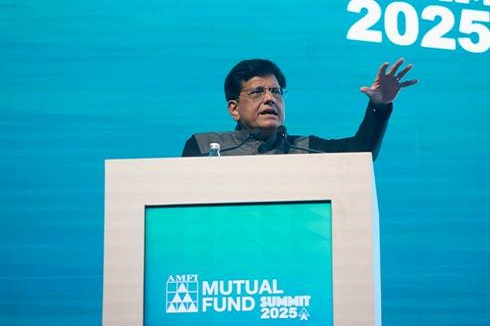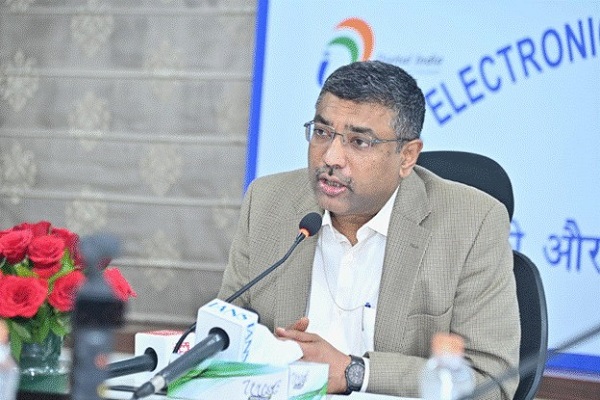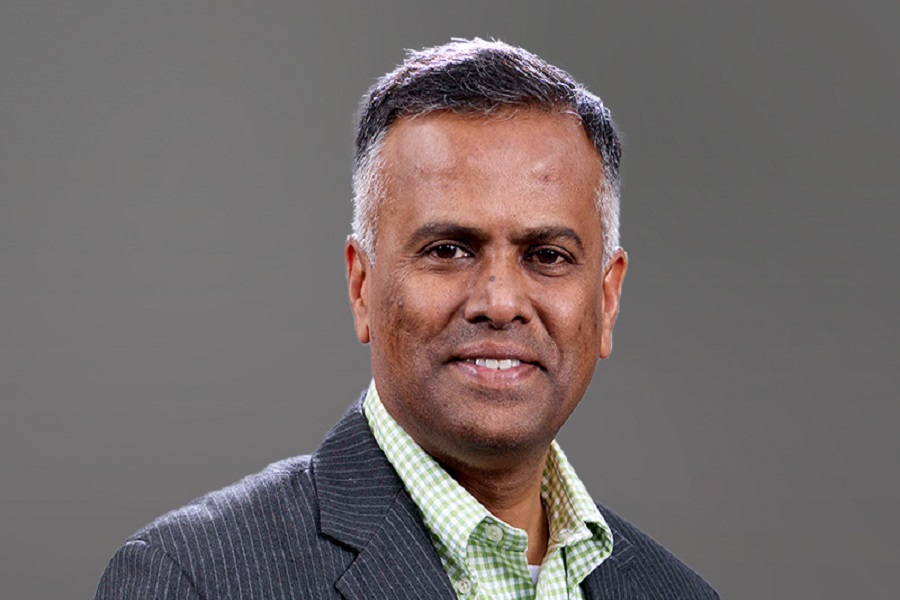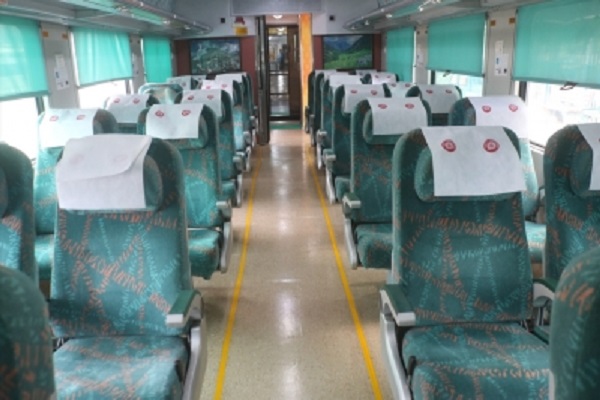Smaller cities to drive India`s quick commerce market to $57 billion by 2030

Riding on a surge in online orders in smaller cities and towns, India is likely to see its quick commerce (QC) total addressable market (TAM) reach $57 billion by 2030, according to a new report.
Morgan Stanley has updated its forecast from earlier $42 billion, as quick commerce adoption rises across the country. The global brokerage has also raised its gross order value (GOV) estimates for the quick commerce segment in India by 9-11 per cent for FY26–28.
It also identified key catalysts for the sector in the coming quarters, including sustained growth in quick commerce GOV, continued improvement in food delivery margins, and a stable competitive environment.
Quick commerce operators, including Blinkit, Instamart, Zepto and Flipkart Minutes continue to expand.
Eternal’s (earlier Zomato) quick commerce business is “primed for growth” with a profitability profile over the medium term that is expected to mirror its food delivery operations, said the report.
By holding leadership positions in both food delivery and quick commerce, Eternal is uniquely positioned to dominate a growing profit pool, the brokerage noted.
According to a recent KPMG Private Enterprise’s Venture Pulse, global VC investment rose from $349.4 billion across 43,320 deals in 2023 to $368.3 billion across 35,684 deals in 2024, as quick-commerce remains a hot sector of investments in India this year.
E-commerce and quick commerce have grown 2–3 times faster in value than traditional and modern trade channels, diminishing the need for an extensive traditional trade network to enter the market.
Digital payments are also gaining popularity, with 45 per cent of Internet users adopting them for transactions, said a Bain & Company report in April.
According to the RBI, “Private final consumption is the brightening spot in the economy, driven by e-commerce and q-commerce among which it is important to foster competition rather than being restrictive”.














